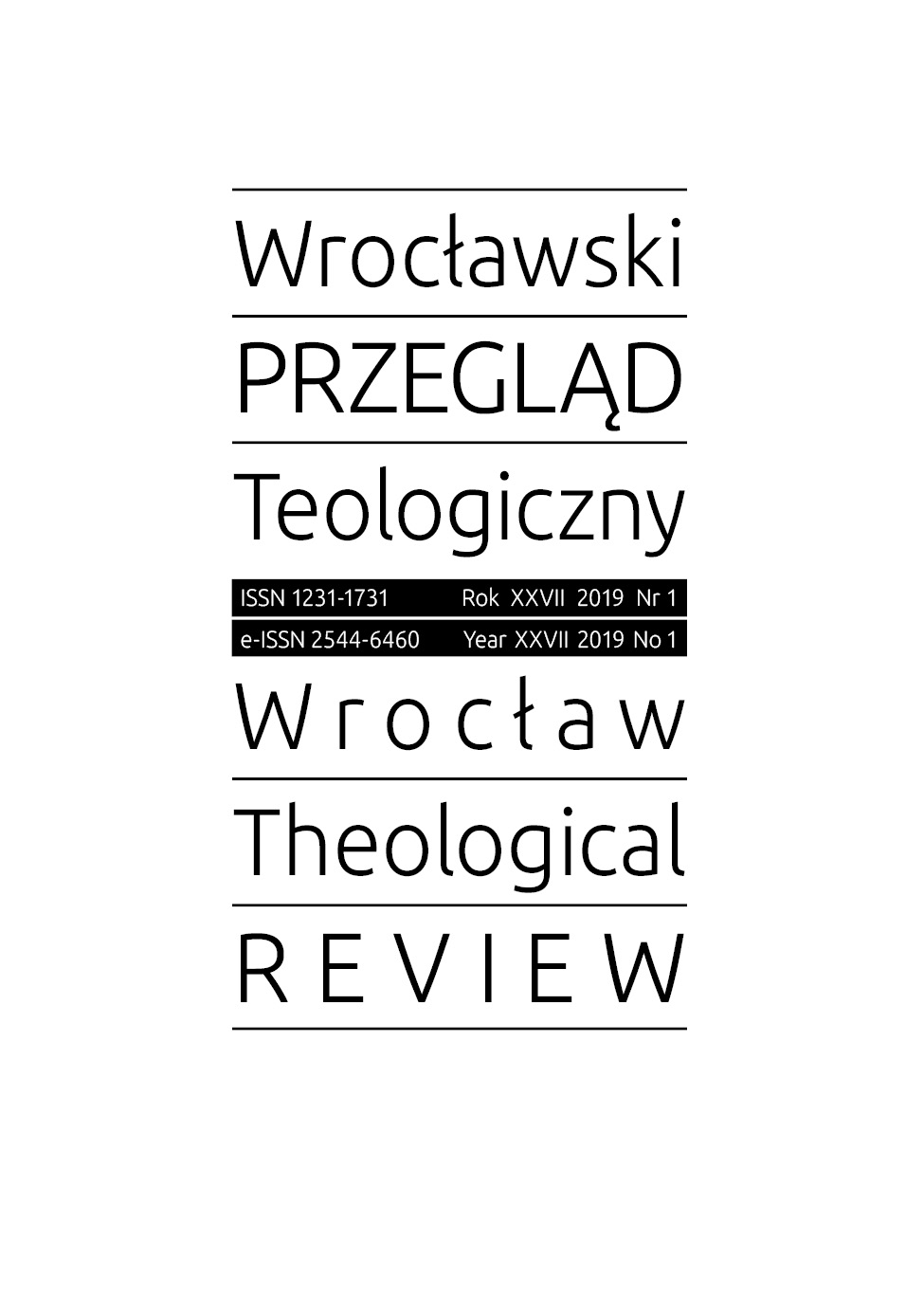On jeden nieśmiertelny, prosty i boski” - romantyczna symbolika krzyża w Renesansowym psałterzu Karola Wojtyły
'He is the only one immortal, simple and divine' - the romantic symbolism of the cross in The Renaissance psalter by Karol Wojtyła
Author(s): Jan MakarewiczSubject(s): Christian Theology and Religion, Language and Literature Studies, Theology and Religion, Polish Literature, Systematic Theology, Pastoral Theology
Published by: Papieski Wydział Teologiczny
Keywords: cross; Wojtyła; sonet; romanticism; Krasiński; Norwid; Berdyaev; John Paul II
Summary/Abstract: The cross is one of the most important motifs in Karol Wojtyla's poems and in his latter papal teaching. The article analyses the symbolism of the cross present in the sonnets included in The Renaissance psalter by Karol Wojtyła from a romantic perspective. The influence of Zygmunt Krasiński and Cyprian Norwid whose works provided inspiration for Wojtyla is of particular importance here. The author of The Renaissance psalter appreciated The Un-Divine Comedy, Irydion and Promethidion, together with The New Middle Ages of Nikolai Berdyaev - those youthful reading experiences left a clear trace in his sonnets, which is noticeable in the symbolism of the cross, among other things. Krasinski's ideas are echoed particularly distinctively in the last sonnet that shows the dialogue of three columns among the ruins of the ancient world, even though the word ‘cross' has not been used at all. As for Prome- thidion, Wojtyła borrowed the idea of the cross from it as the principle of unity of the world - the cross which enables the unification of a pagan and Christian culture, a gothic and renaissance element.
Journal: Wrocławski Przegląd Teologiczny
- Issue Year: 27/2019
- Issue No: 1
- Page Range: 151-179
- Page Count: 29
- Language: Polish

